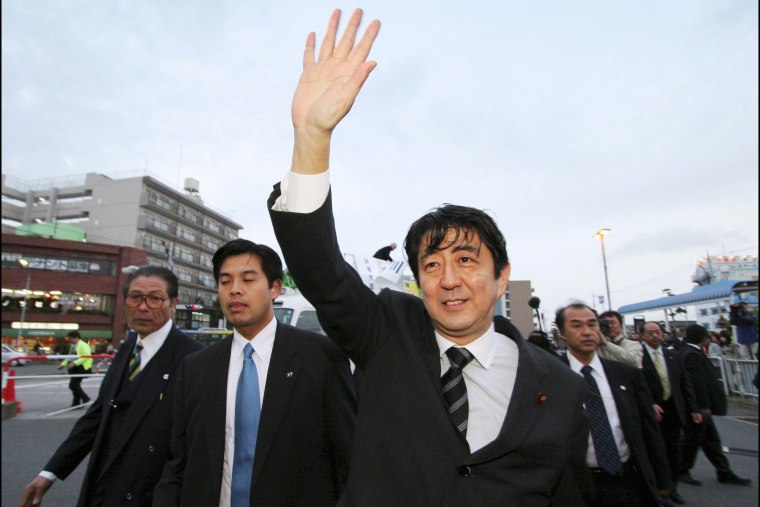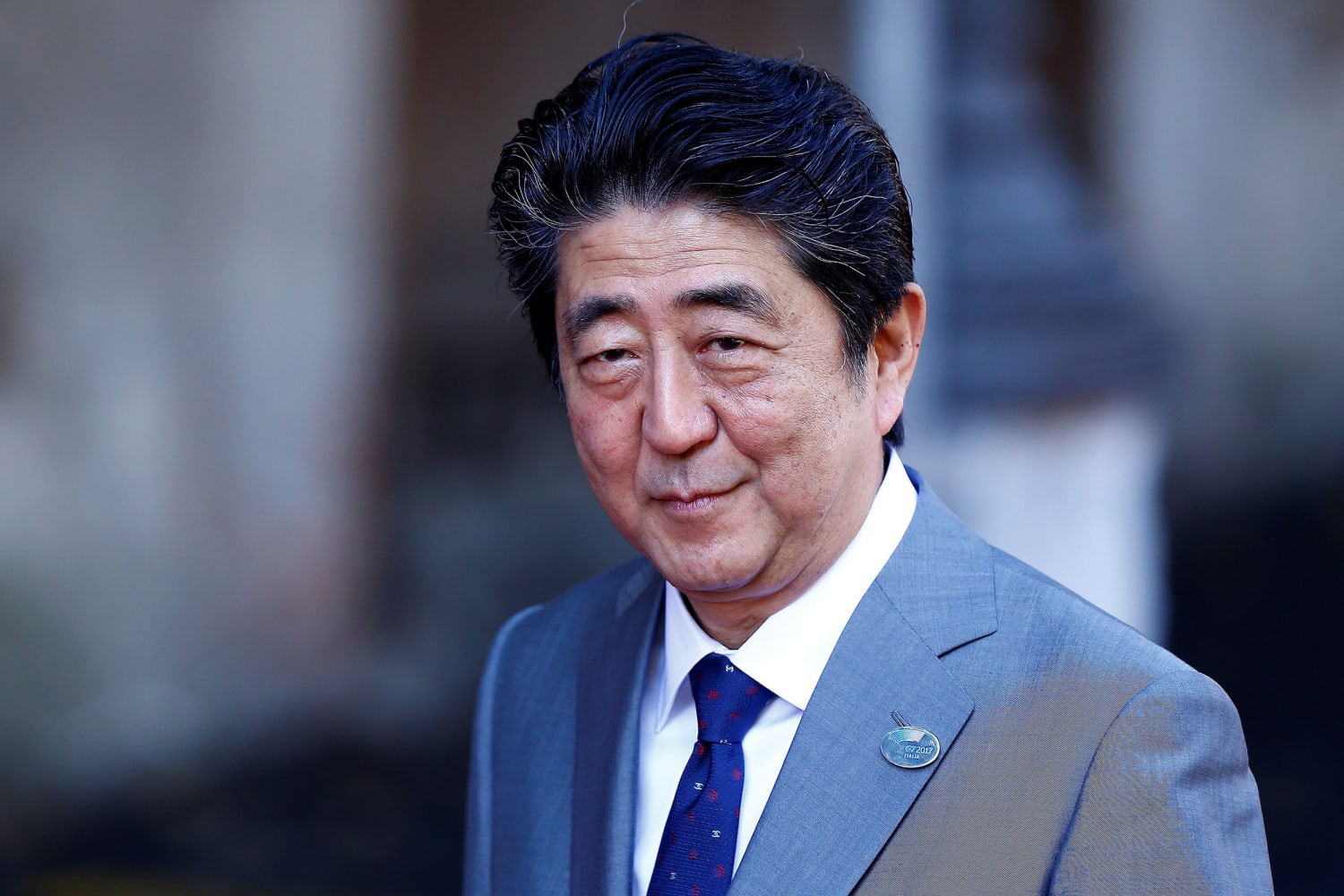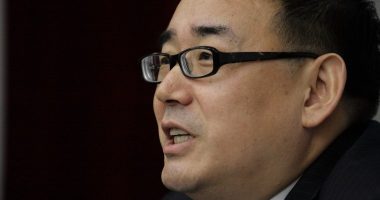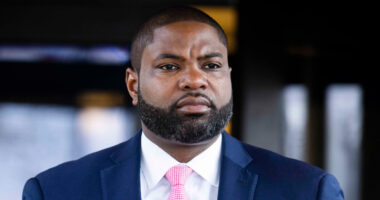Abe was the latest in a family line of big political players. His father served as foreign minister, while his grandfather and great-uncle were both prime minister.
A mainstay of contemporary Japanese politics, Abe first served as prime minister from 2006 to 2007. At 52, he was the youngest person to hold the office since World War II. He is credited with reviving the LDP after an electoral thrashing in 2009, imbuing it with his brand of conservatism. He returned as prime minister in 2012 and served to 2020, when he again resigned citing health issues.
Abe’s later years in office were marred by political scandals in his party and accusations that he fumbled the country’s response to the Covid-19 pandemic, his popularity waning as a result.
But that longevity stood out in a country that had five leaders in as many years before his return and is now on its second prime minister since Abe stepped down.
Abe fought to revive Japan, which had suffered stagnation since the crash of 1991. His time at the helm of the world’s third-largest economy was characterized by his “Abenomics” cocktail of fiscal stimulus, monetary easing and structural reforms.
Tobias Harris, author of “The Iconoclast: Shinzo Abe and the New Japan,” said Abe was “just a tremendously powerful and influential figure even after leaving office,” with his economic and foreign policies still largely in place.
“It’s been very hard for anyone to come up with anything better,” said Harris, a senior fellow at the Center for American Progress, a liberal think tank in Washington.

Abe pushed for constitutional change to revise pacifist laws passed after World War II to allow Japanese troops to fight abroad in collective self-defense to protect an ally.
“I think he deeply regretted he was never able to accomplish that,” Kingston said.
Though seen as less hawkish than Abe, Kishida appears to share his security goals, especially after the Russian invasion of Ukraine.
“One of the repercussions of Abe’s assassination I think will be a powerful sympathy vote for the LDP, and that will strengthen Kishida’s hand in trying to pursue that agenda,” Kingston said.
Abe sought to promote Japan’s image abroad, spearheading the country’s bid to host the 2020 Olympics and seeking to bind it more closely with Washington and its allies in the Indo-Pacific.
He argued that Japan was in a dangerous world and its own neighborhood was getting riskier amid North Korea’s weapons advances and China’s military modernization.
He took a hard line against China, evincing strong support for Taiwan and advocating the Beijing-claimed island’s participation in international organizations. Taiwanese President Tsai Ing-wen on Friday described Abe as “not only a good friend but Taiwan’s steadfast ally.”
Tensions between Beijing and Tokyo were strained by Abe’s 2013 decision to visit a controversial shrine to the Japanese war dead, becoming the first prime minister to do so since 2006. Both China and South Korea consider the site to be a memorial of war atrocities committed by the Japanese in World War II.
Source: | This article originally belongs to Nbcnews.com










